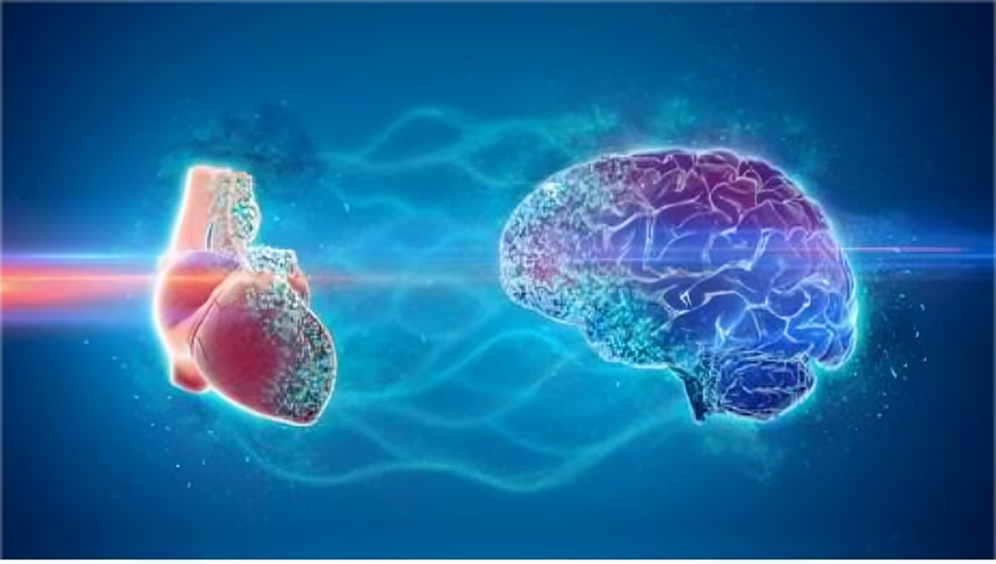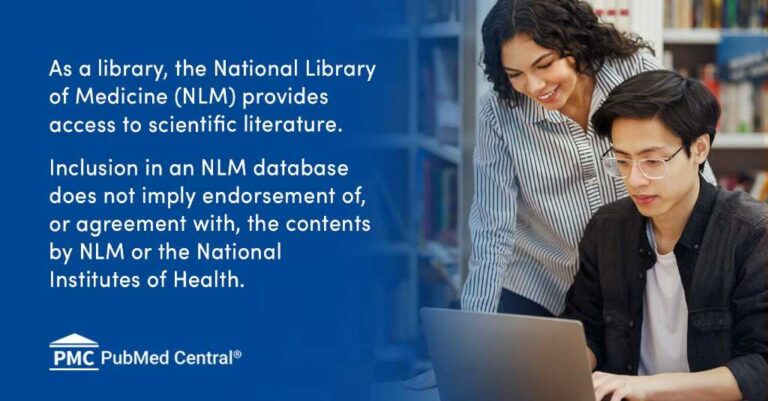Heart coherence training may reduce the risk of Alzheimer's disease
A recent report from the Alzheimer's Association revealed that more than six million people in America are currently suffering from Alzheimer's disease. This devastating illness destroys

A recent Alzheimer's Association report disclosed that over six million Americans currently suffer from Alzheimer's disease. This devastating illness progressively destroys the minds of those we love and care for. Yet a ray of hope has emerged from a landmark University of Southern California study, suggesting heart coherence training may help millions of individuals and potentially reduce Alzheimer's risk
The term "heart coherence" refers to a specific rhythmic pattern of heart rate variability (HRV) - the variation in time intervals between heartbeats (the fluctuations between heartbeats). To achieve heart coherence, individuals are advised to consciously slow their breathing while using the heart rhythm biofeedback technique developed by HeartMath to increase their heart coherence levels. This randomized clinical trial found that daily HRV biofeedback training sessions reduced beta-amyloid plaques in the bloodstream of healthy adults, both young and old. The results were published in... Nature Scientific Reports on 9 march 2023 Alzheimer's Association on June 16, 2023
Study Reveals Potential Alzheimer's Intervention
Dr. Mara Mather, the lead researcher of the study, used HeartMath's software and sensor to measure heart coherence ® Pro from HeartMath to train participants in Coherent Slow Breathing The participants were divided into two groups: the first group practiced slow breathing at the cardiovascular resonance frequency of 0.1 Hz, also known as the coherence frequency, to increase heart rate oscillations. The emWave Pro software and sensor provided real-time heart rate biofeedback, enabling participants to improve their breathing technique. The second group used individualized strategies to reduce heart rate oscillations
Heart Coherence and Breathing Reduce Alzheimer's Biomarkers
Dr. Mara Mather commented on the study, saying: "Our research indicates that slow breathing exercises, combined with heart rate biofeedback training, reduce plasma beta-amyloid (Aβ) levels. In healthy adults, elevated plasma beta-amyloid levels are associated with increased risk of Alzheimer's disease (AD), as well as cardiovascular disease mortality."
Dr. Rollin McCraty, Director of Research at the HeartMath Institute, expressed his excitement about the study's findings, calling them wonderful and encouraging. He praised Dr. Mara Mather for conducting the research and expressed the institute's desire to see more work in this field. McCraty stated, "The study showed a significant link between increased heart coherence and a reduction in biomarkers associated with Alzheimer's disease, opening new avenues for further research. The precedent set by this preliminary study confirms the effectiveness of heart coherence training in helping to prevent or alleviate the effects of this debilitating condition."
Another Study Uses Heart Rate Coherence Biofeedback for Cognitive Health
Numerous research studies indicate that chronic stress significantly contributes to cognitive decline, including Alzheimer's disease. Therefore, interventions focusing on stress reduction and enhancing mental/emotional health may help preserve our cognitive abilities as we age. While breakthroughs in treating neurodegenerative diseases like Alzheimer's remain elusive, a prior study titled "A Precision Medicine Approach to Alzheimer's Disease: A Successful Pilot Project" also utilized HeartMath's heart rhythm coherence biofeedback technology Inner Balance The study, titled "A Precision Medicine Approach to Alzheimer's Disease: A Successful Pilot Project," also used HeartMath's portable emWave® Trainer technology to help participants manage stress as part of their intervention. As reported in this study, published in. Journal of Alzheimer's Disease In 2022, [the study] yielded promising results, including reductions in Alzheimer's disease symptoms
The HeartMath Institute has consistently focused on optimal performance research since its establishment over three decades ago. In the 1990s, HeartMath researchers made a significant discovery: deliberately cultivating positive emotions is one of the fastest and most effective ways to reduce unhealthy stress. Emotions such as appreciation, care, compassion, and love have been proven to increase heart coherence, alleviate stress, and enhance cognitive functions, including memory and focus. HeartMath's coherence-enhancing tools have also been found to help improve memory performance
McCraty wrote: "Research has shown that sustained positive emotions lead to a highly efficient and regenerative functional pattern, associated with increased coherence in heart rhythm patterns, greater heart-brain synchronization, and enhanced harmony among physiological systems." For deeper understanding, see: Heart Rhythm Coherence – An Emerging Field in Biofeedback .
Prospects of Non-Pharmacological Strategies for Maintaining Cognitive Health
With Alzheimer's prevalence rates projected to rise, interventions targeting stress reduction through enhanced heart coherence and cultivation of positive emotions will grow increasingly vital. While coherence alone cannot cure Alzheimer's, it may significantly mitigate one of the condition's most consequential risk factors—chronic stress—thereby providing an empowering means to help preserve cognitive health and reduce key Alzheimer's-associated biomarkers.
Sara Childre, President of the HeartMath Institute, is among the millions affected by Alzheimer's: "My father suffered from Alzheimer's for eight years. It's a complex disease. He was highly intelligent - an economics graduate and a three-star Marine Corps General. It was profoundly heartbreaking to watch his cognitive functions deteriorate. I believe the stresses of war - World War II, the Korean War, and two tours in Vietnam - exacerbated the condition."
The HeartMath Institute offers hope that—through further research—we may discover more effective non-pharmacological strategies to manage stress and preserve cognitive health in our aging population. The institute continues to expand the frontiers of science through its research, shedding light on the intricate relationship between our heart, brain, and overall health and well-being.
- A research team led by Mara Mather, Professor of Gerontology and Psychology at the University of Southern California, Los Angeles.
- A clinical trial funded by the U.S. National Institutes of Health (NIH).
- Independent research – HeartMath not involved.
- The study reveals how practicing slow/coherent breathing for just 4-5 weeks using HeartMath's HRV biofeedback yields measurable benefits for brain health, structure, and function.
- These benefits are expected to help protect the brain from premature aging and dementia.
- To date, the team has published three peer-reviewed papers covering three randomized controlled trials.
- The World Health Organization estimates that 78 million people worldwide will develop dementia by 2030, with this number expected to rise to over 150 million by 2050.
- Currently, Alzheimer's disease accounts for 60-70% of all dementia cases worldwide.
- Alzheimer's disease ranks as the seventh leading cause of death globally and the second leading cause in both the United Kingdom and the United States.
- The UK National Health Service (NHS) estimates that 1 in 14 people over age 65, 1 in 6 over age 80, and 1 in 20 under age 65 are at risk of developing Alzheimer's disease.
- There is currently no cure for dementia or Alzheimer's, but there are ways to reduce your risk and slow its progression. HeartMath can help!
heartmath is the registered trademark of the Quantum Intech, Inc.


